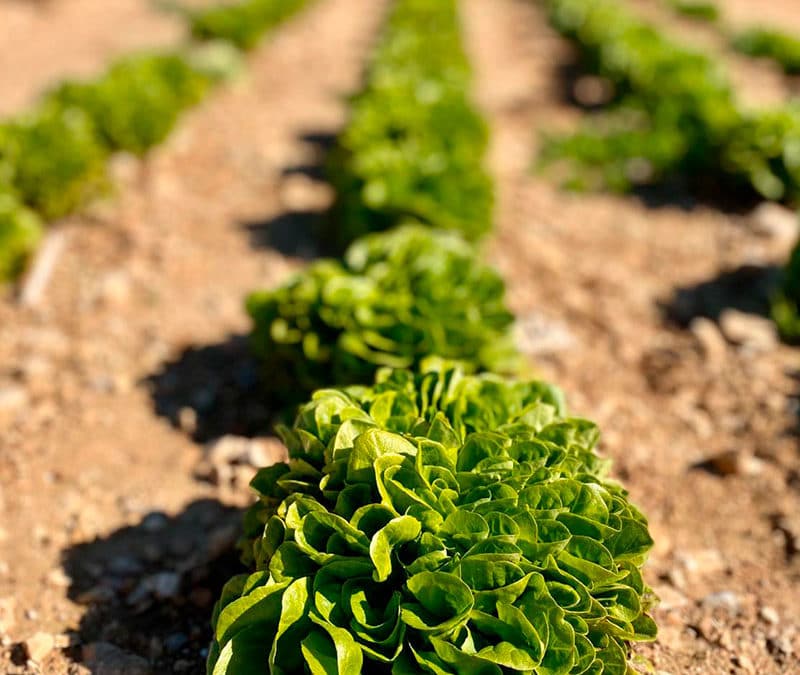At TERRACOR we stand for integrated production, first step towards ecologic production made in a rational way. Here we expose different arguments to reflect on these new systems and techniques, as well as showing their advantages.
What is integrated production?
Integrated production is a system of agricultural production, halfway between ecologic and conventional industrial production. It is based on a production that respects the environment and at the same time assures profitable cultivation. The practices used are compatible with protection of the environment, natural resources, genetic diversity and the conservation of soil and landscape. Integrated production collects the best of each method of agriculture, to be able to offer healthy, safe and competitive products, completely compatible with the environment.
Until now, agricultural production used systems based on maximum profitability, using massively chemical products, which destroyed and polluted flora and fauna and the courses of water, affecting the soil. These systems produced a separation between the farmer and the land. A lot of knowledge got lost, leading to a lack of observation regarding environment and its evolution.
Why use integrated production?
Since the 50’s and 60’s, the chemical treatments in agriculture increased, which leaded among others, to the following problems:
- Increasing costs for phytosanitary protection.
- Development of resistance in insects, mites and fungus due to the continuous use of products belonging to the same chemical group.
- Appearance of new plagues or intensification of already existing plagues due to the elimination of its natural enemies
- Increasing pollution of the environment: when using pesticides on crops, a part of it suffers evaporation which drifts into the atmosphere, polluting vegetation, soils, water etc.
- Chemical treatment can leave residues on food.
Which are the benefits?
Some of the principal benefits for the producer are the rationalization of the practices of cultivation and the reduction of the loss of nutrients. Additionally, the decreased use of pesticides and fertilizers gives the product an excellent value. Integrated production improves its technologic level.
The benefit for the consumer consists in acquiring a high-quality product which is examined for the presence of pesticide residues.
The principal advantages for the environment are the respect for the biological balance of the agrarian ecosytems and the elimination of unnecessary pollution of air, soil and water.

